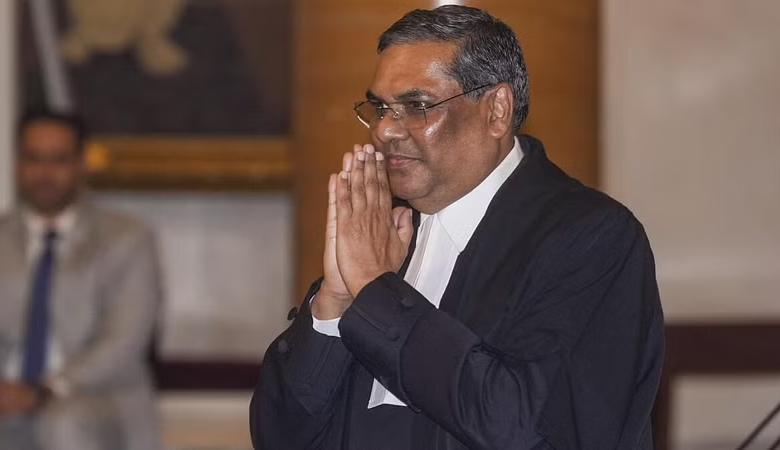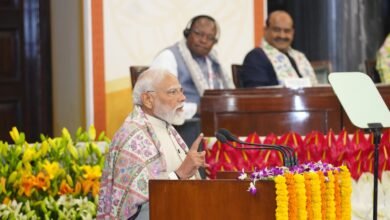No oral mentioning for urgent hearing of cases will be allowed: Chief Justice of India Sanjiv Khanna

News Mania Desk / Piyal Chatterjee / 12th November 2024
Sanjiv Khanna, the Chief Justice of India, stated on Tuesday that lawyers will not be allowed to submit oral arguments for the urgent listing and hearing of cases. Instead, they were encouraged to submit written letters or emails. At the beginning of the day’s proceedings, attorneys typically bring up their cases before the CJI-led bench for out-of-turn listings and hearings based on urgency.
“No written or oral mentionings anymore. Only in email or written slip/letters. Just state the reasons for urgency,” the CJI said.
Assuring easy access to justice and equal treatment for all citizens, whatever of their standing, is the judiciary’s fundamental obligation, according to the CJI, which has laid out a citizen-centric agenda for judicial reforms. At Rashtrapati Bhavan on Monday, Justice Khanna, who was sworn in as the 51st Chief Justice of India by President Droupadi Murmu, expressed her profound honor in serving as the head of the judiciary, the third pillar of democracy.
“Judiciary is an integral, yet distinct and independent part of the governance system. The Constitution trusts upon us the role of constitutional guardian, protector of fundamental rights, and responsibility to fulfil the important task of being a service provider of justice,” the CJI had said in his first statement on Monday.
He said, “The justice delivery framework in terms of providing equal treatment necessitates fair opportunity to succeed to all, regardless of status, wealth or power, and a just and unbiased adjudication. These mark our core principles.” “The responsibility entrusted upon us affirms our commitment as protectors of citizens’ rights and as dispute resolvers. It is our constitutional duty to ensure easy access to justice to all citizens of our great nation,” he said.
Chief Justice Khanna listed the judiciary’s top priorities, which include lowering case backlogs, lowering the cost of litigation, and streamlining intricate legal procedures. Understanding that the legal system ought to serve all citizens, he presented a plan to make courts more accessible and easy to use. According to a statement from the top court, the CJI sought to implement a self-evaluative methodology that is open to and responsive to criticism in its operations.
“Making judgments comprehensible to the citizens and promoting mediation will be a priority,” it said.






